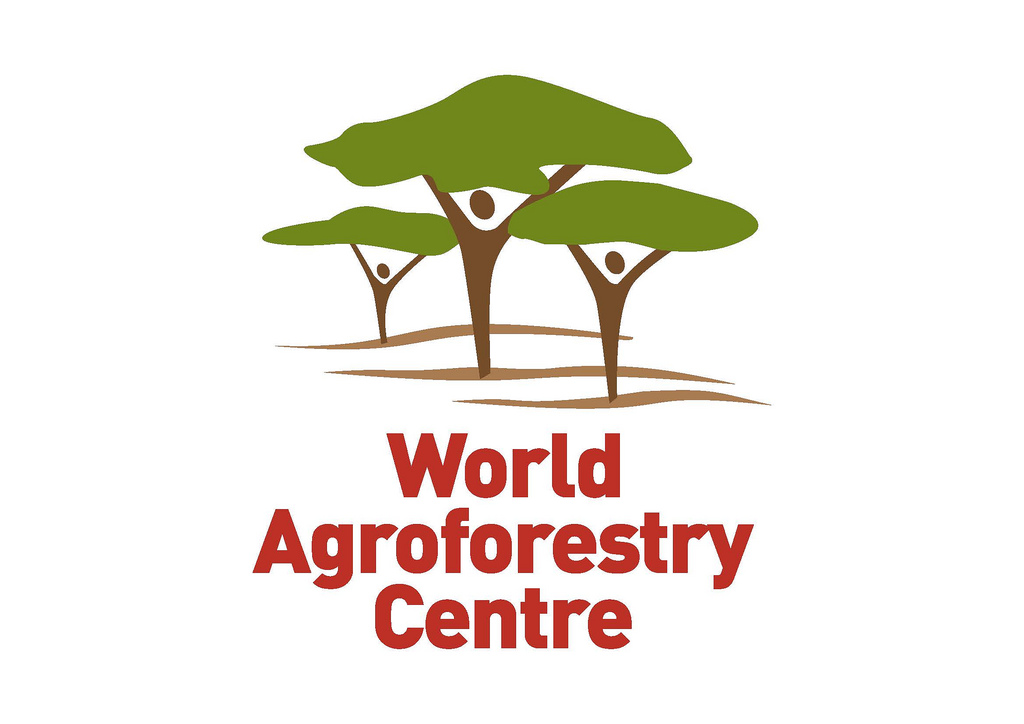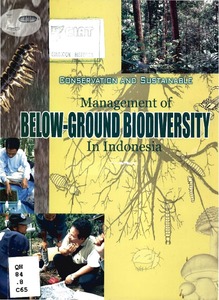Location
The World Agroforestry Centre (ICRAF) is a CGIAR Consortium Research Centre. ICRAF’s headquarters are in Nairobi, Kenya, with six regional offices located in Cameroon, China, India, Indonesia, Kenya and Peru.
The Centre’s vision is a rural transformation throughout the tropics as smallholder households increase their use of trees in agricultural landscapes to improve their food security, nutrition security, income, health, shelter, social cohesion, energy resources and environmental sustainability.
ICRAF's mission is to generate science-based knowledge about the diverse benefits - both direct and indirect - of agroforestry, or trees in farming systems and landscapes, and to disseminate this knowledge to develop policy options and promote policies and practices that improve livelihoods and benefit the environment.
The World Agroforestry Centre is guided by the broad development challenges pursued by the CGIAR. These include poverty alleviation that entails enhanced food security and health, improved productivity with lower environmental and social costs, and resilience in the face of climate change and other external shocks.
ICRAF's work also addresses many of the issues being tackled by the Sustainable Development Goals (SDGs) that aim to eradicate hunger, reduce poverty, provide affordable and clean energy, protect life on land and combat climate change.
Members:
Resources
Displaying 126 - 130 of 146Conservation and sustainable management of below-ground biodiversity in Indonesia
Standard methods for the assessment of soil biodiversity in the context of land use practices
The impact of trade and macroeconomic policies on frontier deforestation
The purpose of this lecture note is to summarise different research results about the impact of macro-level factors and “extra-sectoral” policies on tropical forest cover. Specifically, we are interested in the forest margins - i.e. the spatial transition zone between tropical forests and converted land uses. What are the policy factors that accelerate frontier expansion, and which ones tend to slow it down? The main objectives are: a. To learn how different changes related to trade and macroeconomic policies affect the loss of frontier forests, i.e.
Improved land management in the Lake Victoria basin: annual technical report July 2001 to June 2002
This report addresses the challenges of land management in the Lake Victoria basin of East Africa. In 1999 the World Agroforestry Centre launched a major effort to identify, diagnose and reverse degradation in the Lake Victoria basin, focusing primarily on the Kenyan part of the basin. Dubbed “TransVic,” this project was supported by a number of donor agencies and collaborators, with particularly strong support from the Swedish International Development Cooperation Agency (Sida).
Population pressure, land tenure, and tree resource management in Uganda
This study uses aerial photographs and survey data from sixty four parishes in east-central Uganda to identify the factors affecting conversion of woodlands and traditional grazing areas to agriculture. Regression analysis shows that customary land tenure institutions, greater population pressure and poor access to markets are significant causes of land conversion to agriculture, and hence to loss of trees. Private ownership of converted land promotes greater integration of trees and crops and leads to the highest density of trees on agricultural land.





